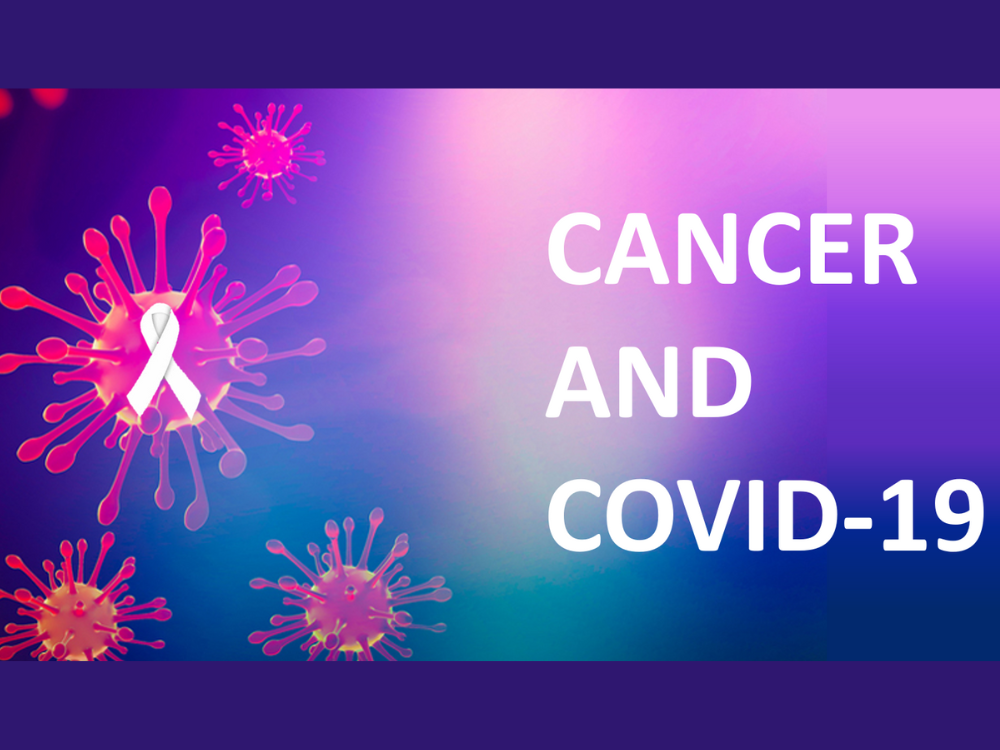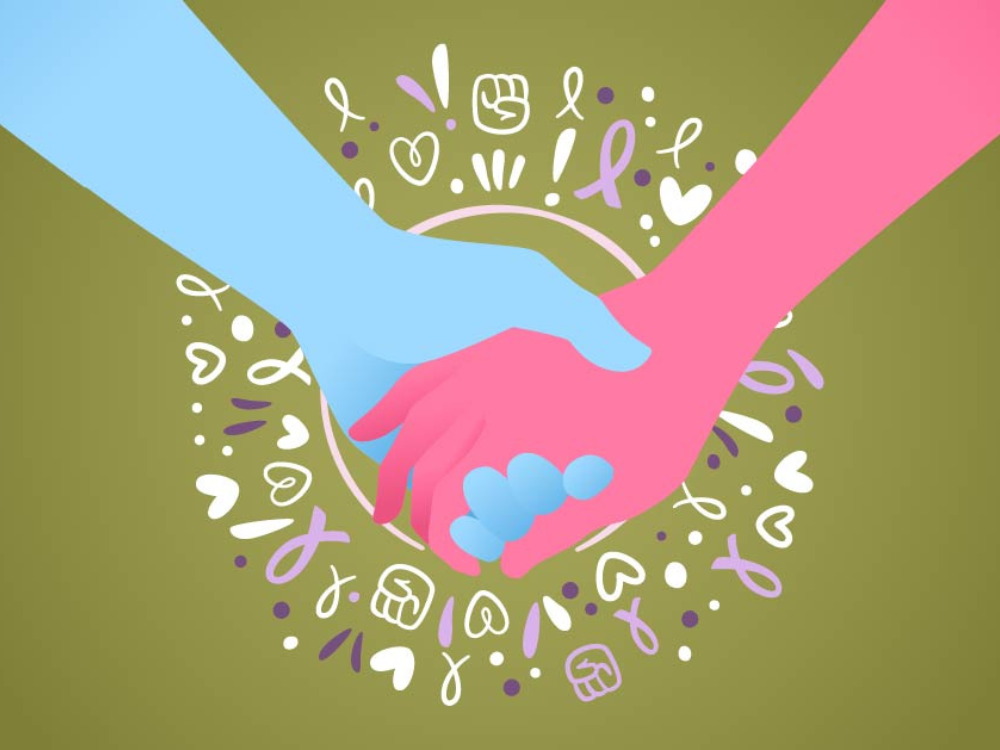“I’m being a burden on my family”, “My family has to make so many compromises because of me”, “This is affecting my children’s studies”, “The elders have to cook because I’m weak”. Thoughts like these can be a common occurrence for a cancer survivor says Nidhi Vij.
Nidhi Vij, Breast Cancer Survivor, and Peer Counsellor talks about the issues and insecurities that a woman faces after her surgery. Body image insecurities are not the only problem that women face; they go through familial, social, and relationship changes as well as post-surgery. If you are a breast cancer patient or survivor, you will find these problems very relatable. Nidhi Vij has given us effective solutions to these issues. The key to these problems lies within yourself. You just need to introspect within and prioritise yourself over society.

1. Have open communication and share your feelings.
You could be facing a lot of problems with family and friends. You might feel like your relationship with your partner is changing and that there is a communication gap.
This could happen when women think that what they are going through makes them burdensome on their partner. They keep bottling up their negative emotions and insecurities, this could increase your anxiety and irritability.
Try to have an open conversation with your partner and family. Talk about what’s bothering you and how can it be fixed. The woman at this point is extremely vulnerable – not only physically, but in the emotional, mental, and social spheres of her life as well. Explain your vulnerability and your tensions to your partner; keep the communication open-ended, understand each other’s perspectives, and allow yourselves to emotionally unburden your negative emotions to each other.
2. Prioritise yourself and let your family help.

Apart from relationship problems with your partner, you go through problems like changing family dynamics. This happens because usually (especially in India) the household revolves around the woman, whether it is a rural household or a modern one. The woman, whether a patient or a survivor, gets physically weak for a while and starts thinking in a negative direction. These negative thoughts can take a huge toll on a person. One must realise that if someone else in your family had got cancer you would also have had to take care of them, make sacrifices, and help out. Your family is there to help you get through this and you and your health should be your highest priority in this journey.

3. Don’t let yourself get emotionally drained, stay connected to people.
Another issue that women face at this time is that they don’t feel like going out and participating in social activities. This happens because you feel that society is still not over the stigma of cancer and you might end up having a tiresome time with their prying questions instead of having a good time.
However excluding yourself can do more harm, it can leave you mentally exhausted and without a support system. Keep yourself connected to positive people who bring you joy and join cancer support groups where you will find a platform to emotionally unburden your negative emotions to similar like-minded people who are going through the same as you are and will understand your struggles, providing active solutions to them.

4. Don’t let the lack of empathy in others be a reflection on you in any way.
One of the most exasperating issues is the lack of empathy in people around the woman. People are always willing to sympathise instead of empathising with you.
Sympathy refers to feeling sorrowful for someone else’s misfortune and pitying the person whereas empathy refers to viewing the situation from someone else’s perspective and imagining yourself in his/her shoes.
This especially occurs in India, where the society is prying and nosy; the concept of empathy is hardly ever considered educationally, socially, or medically. Don’t let people’s sympathising remarks or lack of empathy affect you in any way. Hold your head high, prioritise yourself, and stay strong.

5. Don’t hide, have an open conversation about cancer and create awareness.
No matter what the situation is and how strong its negative impacts are on you, make sure you NEVER hide. Hiding is for cowards, YOU ARE STRONGER than any negative force. You must come out into the open and talk about cancer, talk about its mental, physical, and social spheres. Coming out strong won’t make people judge you or gossip about you; instead, it will educate them and help in creating awareness about it. This in turn might help so many other women.Take baby steps in achieving your comfort zone to accept and make people accept who you are and what you’re going through.
Seeking psychological help and help from support groups is also important for your mental well-being; think of it as an essential part of the treatment and deal with it as if you were talking to a friend.
Lastly, always remember, that no matter what, YOU ARE IMPORTANT, you are loved, you are beautiful, you are special and you should always give yourself the topmost priority.
Author: Devyani Prakash
Editor: Abhinita Singh




